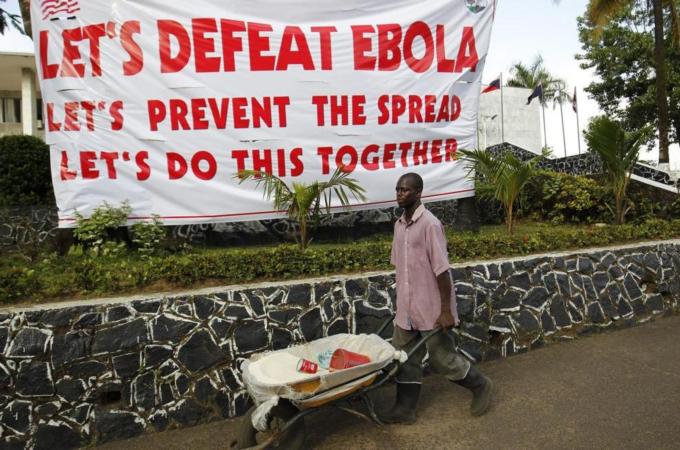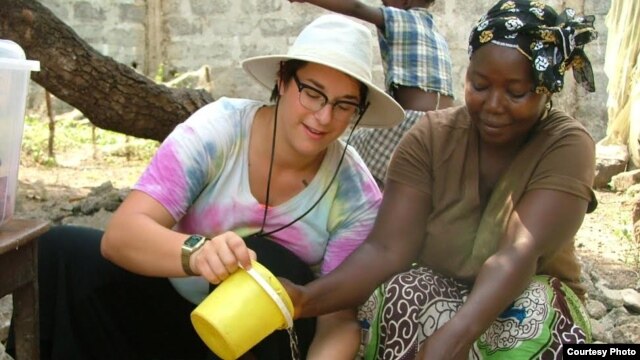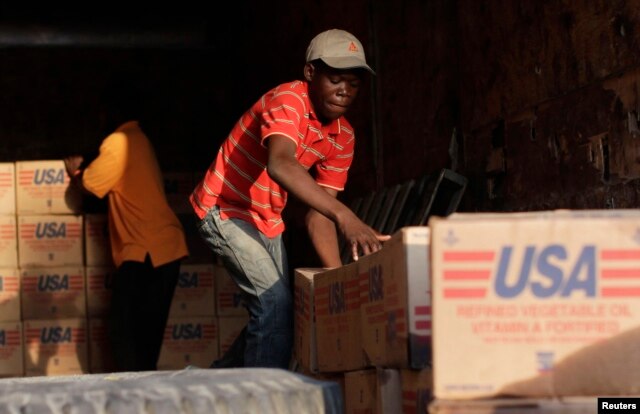1. "The Shape of Things to Comeis a work of science fiction byH. G. Wells, published in 1933, which speculates on future events from 1933 until the year 2106. In the book, aworld stateis established as the solution to humanity's problems."
The Shape of Things to Come - Wikipedia the free encyclopedia
In it, Wells takes us through the years, through great wars, and the resulting ravages....
One of them is pestilence....an ebola like disease that turns humans into zombie like creatures.....
2. Here, the full sci-fi version in a 1936 film....dark, dramatic, pessimistic.....
To see Wells' view of what people will do when faced with such an epidemic....
watch from 25:40 to about 29:00.......
The Shape of Things to Come - Wikipedia the free encyclopedia
In it, Wells takes us through the years, through great wars, and the resulting ravages....
One of them is pestilence....an ebola like disease that turns humans into zombie like creatures.....
2. Here, the full sci-fi version in a 1936 film....dark, dramatic, pessimistic.....
To see Wells' view of what people will do when faced with such an epidemic....
watch from 25:40 to about 29:00.......




